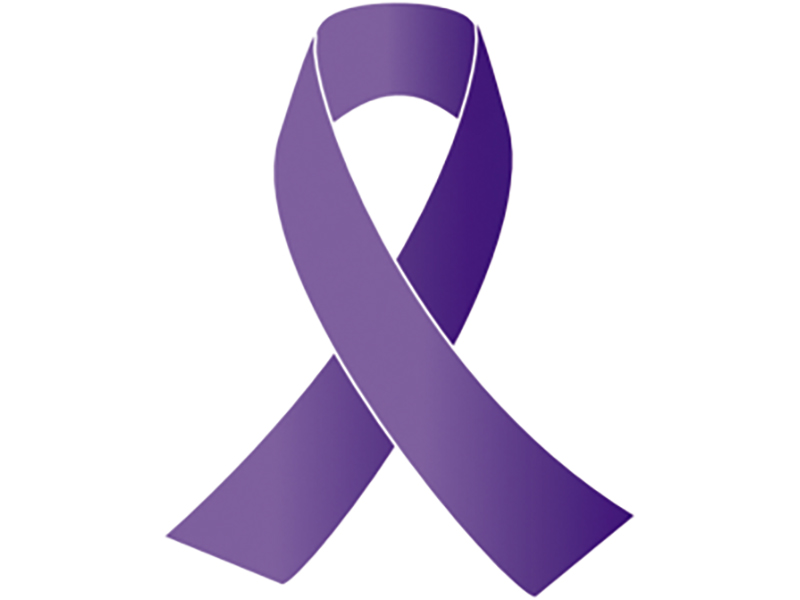By Heather Ford, MAPC, LPC, BHP, CETP;
Director of Social Services at Destiny Springs Healthcare
Domestic Violence has an incredible impact on an individual’s mental health. Whether experienced or just witnessed chronically, domestic violence activates a threat response system within, which has been proven to have a lifelong impact on mental, physical and emotional health.
There is often a link between early childhood experiences and long-term mental health conditions. The signs range from depression and anxiety to chronic pain and obesity. Other signs may include dissociation, suicidal thoughts, difficulty developing meaningful relationships and/or just a feeling of numbness.
It can be challenging to recognize behaviors, as they are an adaptation to environmental stressors. Many see the behaviors but are unable to see the underlying cause. For example, a child may be a class clown at school and get in trouble for being disruptive, but at home his humorous behavior distracts his parents from arguing. At home, it was effective but in other places, it became detrimental to his success.
Are you in a Domestic Violence Situation? Are you hoping your abuser will change and you can help them? Do they promise to stop the abuse and have even volunteered to get counseling, but you are still worried about what will happen if you want to get out?
There are steps you can take to protect yourself that can be a
matter of life or death:
- Know your abuser’s red flags. Come up with several reasons you can use to leave the house if you sense trouble brewing.
- Identify safe areas of the house. Know where to go if your abuser attacks or an argument starts. Avoid small, enclosed spaces without exits or rooms with weapons (such as the kitchen). If possible, head for a room with a phone and an outside door or window.
- Come up with a code word. Establish a word, phrase, or signal you can use to let people know that you’re in danger and they should call the police.
- Be ready to leave at a moment’s notice. Keep the car fueled up and facing the driveway exit. Hide a spare car key where you can grab it and go. Have emergency cash, clothing, phone numbers, and documents stashed in a safe place.
- Practice escaping quickly and safely. Rehearse your escape plan so you know exactly what to do if under attack from your abuser.
- Make and memorize a list of emergency contacts.
Understanding Domestic Violence and Technology:
Abusers often monitor their victim’s activities including their phone, computer, vehicle GPS and Internet use. When seeking help for domestic violence and abuse, it’s important to cover your tracks, especially when you’re using the home phone, a smartphone or a computer.
If you discover any tracking or recording devices or apps, leave them be until you’re ready to leave. While it may be tempting to remove them or shut them off, you don’t want to alert your abuser.
What to Do When You Leave:
• Get an unlisted phone number.
• Use a P.O. box rather than your home address.
• Apply to Arizona’s address confidentiality program, a service that confidentially forwards your mail to your home.
• Cancel your old bank accounts and credit cards, especially if you shared them with your abuser. When you open new accounts, be sure to use a different bank.
• If you’re remaining in the same area, change up your routine. Take a new route to work, avoid places where your abuser might think to locate you, change any appointments he knows about, and find new places to shop and run errands.
• Consider getting a restraining order or protective order.
The scars of domestic violence and abuse run deep. The trauma can stay with you long after you’ve escaped the abusive situation. You may struggle with upsetting emotions, frightening memories, or a sense of constant danger that you just can’t kick. Or you may feel numb, disconnected, and unable to trust other people. But counseling, therapy, and support groups for domestic abuse survivors can help you process what you’ve been through and learn how to build new and healthy relationships.
Treating survivors of domestic violence requires a trauma informed approach. Destiny Springs social workers/therapists are trained in looking for the signs of trauma and in modalities that work to treat trauma survivors. They take a holistic approach to treatment that incorporate the mind and body. For more information visit www.destinysprings.com





